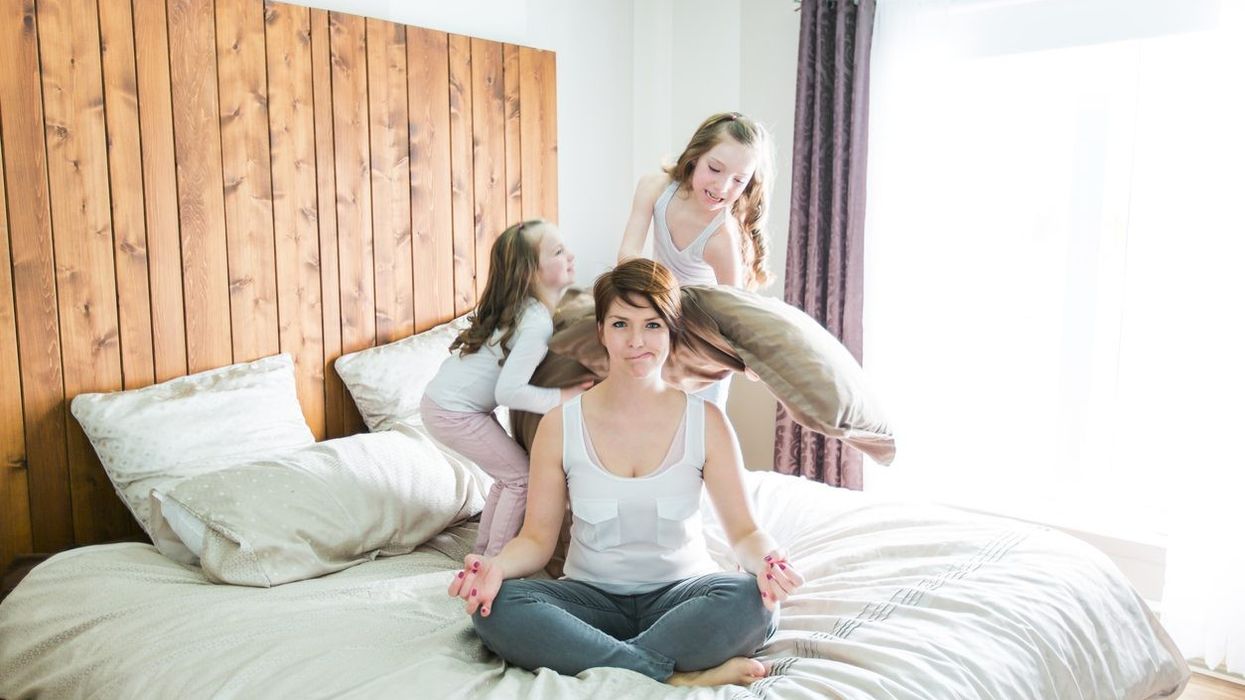A study has revealed that mothers may experience a minor decrease in wellbeing over a decade if they have three daughters and no sons.
Researchers analysed the life satisfaction of parents who already had two children of the same sex and then had a third child.
This decline in wellbeing was observed specifically among mothers who had three daughters, prompting questions about the potential impact of a child's sex on parental wellbeing.
The researchers noted that mothers seemed to avoid having too many children of the same sex as themselves, possibly influenced by household dynamics – with the mother not wanting too many females in the house.
The study, led by Paul Dolan, a professor of behavioural science at the London School of Economics, and published in the Journal of Behavioural and Experimental Economics utilised surveys from 17,000 individuals born in 1958 and 17,000 born in 1970.
The study found that parents who had two children of the same sex were more likely to have a third child quickly compared to parents who had one of each sex, The Guardian reported.
However, if the third child was of the same sex as the first two, a slight decline in wellbeing over the next 10 years was observed.
The study indicated that this decline was largely driven by mothers who had two daughters and then did not have a son, but instead another daughter.
Subsequently, the well-being of those mothers underwent a gradual recovery. However, over the course of the following ten years, their average life satisfaction score experienced a reduction of 0.75 points on a ten-point scale when compared to mothers who had two girls and a boy.
In a notable contrast, the scenario involving the birth of a third boy did not exert any discernible influence on the happiness of individuals, regardless of whether they were the father or the mother.
The research raised questions about the preference for mixed-sex families and whether parents intuitively believe that such families lead to greater happiness.
It was found that while parents of the same-sex children experienced a boost in wellbeing, it was driven more by fathers in cases of two girls, with mothers experiencing a delayed improvement.
The reasons for these observations remain unclear, though it's suggested that mothers might be more affected by childbirth than fathers.
Dolan suggested that this pattern might be linked to an outdated preference for boys among parents.




